Tongue diagnosis stands as one of Traditional Chinese Medicine’s most reliable diagnostic tools, offering practitioners a window into a patient’s overall health and internal balance.
During acupuncture consultations, examining the tongue provides valuable insights into organ function, blood circulation, and energy levels – information that helps create targeted treatment plans.
Learning to read tongue signs enables both practitioners and patients to better understand health conditions and track progress throughout treatment.
Basic Principles of Tongue Diagnosis
The tongue map divides the organ into distinct regions that correspond to different body systems – the tip reflects heart conditions, while the sides indicate liver health.
- Tongue body color (normal is pink)
- Tongue coating thickness and color
- Size and shape variations
- Moisture levels
- Presence of cracks or spots
Common Tongue Signs and Their Meanings
Tongue Appearance
Health Indication
Pale tongue
Blood deficiency or poor circulation
Red tongue
Heat or inflammation in the body
Thick white coating
Cold condition or digestive issues
Yellow coating
Heat condition or infection
How to Examine Your Tongue
- Check your tongue first thing in the morning, before eating or drinking
- Use natural lighting when possible
- Stick out your tongue naturally, without straining
- Take a photo for tracking changes over time
- Avoid colored foods or drinks before examination
When to Seek Professional Assessment
Changes in tongue appearance lasting more than two weeks warrant consultation with a licensed acupuncturist or healthcare provider.
Sudden dramatic changes in tongue color or coating might indicate developing health issues that require immediate attention.
Finding a Qualified Practitioner
Contact the National Certification Commission for Acupuncture and Oriental Medicine (NCCAOM) at 1-904-598-1005 or visit www.nccaom.org to locate certified practitioners in your area.
Taking Action for Better Health
Understanding your tongue’s appearance can help guide lifestyle choices and indicate when to seek professional care.
Document changes in your tongue’s appearance with daily photos to share with your healthcare provider.
Consider scheduling regular check-ups with an acupuncturist for preventive care and monitoring of tongue signs.
Tongue Care and Maintenance
Proper tongue cleaning and care helps maintain accurate diagnostic readings and overall oral health:
- Gentle cleaning with tongue scraper each morning
- Stay hydrated throughout the day
- Avoid tobacco products and excessive alcohol
- Monitor effects of medications on tongue appearance
- Note changes after consuming certain foods
Integrating with Modern Medicine
While tongue diagnosis is rooted in traditional practices, it often complements modern medical diagnostics:
- Share tongue observations with all healthcare providers
- Maintain records of both traditional and modern diagnoses
- Consider tongue changes alongside laboratory results
- Use tongue diagnosis as part of a comprehensive health strategy
Special Considerations
Dietary Influences
Certain foods and beverages can temporarily affect tongue appearance:
- Coffee and tea may darken the coating
- Spicy foods can redden the tongue
- Dairy products can create a thick white coating
- Beetroot and berries may stain the tongue
Empowering Your Health Journey
Regular tongue observation empowers individuals to take an active role in their health maintenance. By understanding basic tongue diagnosis principles, you can better communicate with healthcare providers and make informed decisions about your well-being.
Remember that tongue diagnosis is one tool among many for maintaining optimal health. Combine this ancient wisdom with modern medical practices for a comprehensive approach to your healthcare routine.
Start your journey today by incorporating daily tongue observation into your morning routine, and discover the valuable insights your tongue can provide about your overall health status.
FAQs
- What is tongue diagnosis in Traditional Chinese Medicine?
Tongue diagnosis is a fundamental diagnostic method in Traditional Chinese Medicine (TCM) where practitioners examine the shape, color, coating, and texture of the tongue to assess a patient’s overall health condition and internal organ functions. - Which specific features do practitioners look at during tongue diagnosis?
Practitioners examine the tongue body color, coating color and thickness, moisture level, size, shape, presence of teeth marks, cracks, spots, and overall movement patterns. - What does a pale tongue indicate in TCM diagnosis?
A pale tongue typically indicates blood deficiency, qi deficiency, or yang deficiency in TCM. It may suggest poor circulation, fatigue, or digestive weakness. - What health conditions can a purple tongue signify?
A purple tongue often indicates blood stasis or poor circulation. It can be associated with chronic pain, cardiovascular issues, or severe cold conditions in the body. - How does tongue coating relate to digestive health?
Tongue coating reflects the state of the digestive system and stomach health. A thin white coating is considered normal, while thick, greasy, or yellow coatings may indicate digestive disorders or excess heat. - Why do acupuncturists look at tongue geography (specific areas)?
Different areas of the tongue correspond to different internal organs – the tip relates to the heart, the sides to the liver/gallbladder, the center to the stomach/spleen, and the rear to the kidneys/bladder. - How should I prepare for tongue diagnosis in an acupuncture session?
Avoid eating, drinking colored beverages, or brushing your tongue for at least two hours before the examination. Don’t use tongue scrapers or colored mouthwash that might affect the tongue’s natural appearance. - What does a swollen tongue with teeth marks indicate?
A swollen tongue with teeth marks (scalloped edges) typically indicates qi deficiency or spleen deficiency in TCM, often associated with digestive issues and fatigue. - Can tongue diagnosis reveal emotional or mental health conditions?
Yes, certain tongue characteristics can indicate emotional states. For example, a red tongue tip may suggest anxiety or emotional stress, while a stiff tongue might indicate depression or liver qi stagnation. - How often can tongue appearance change, and what affects it?
Tongue appearance can change daily based on diet, sleep, stress, medications, and overall health status. Chronic conditions typically show more stable tongue patterns.
Author: AcupunctureMy
Related Posts
Acupuncture Research Standards
Research Corner
|
methodology, science
Research standards in acupuncture have evolved significantly over the past decades to ensure reliable, evidence-based results that can be replicated across different studies. The integration of modern scientific methods with ... Read more
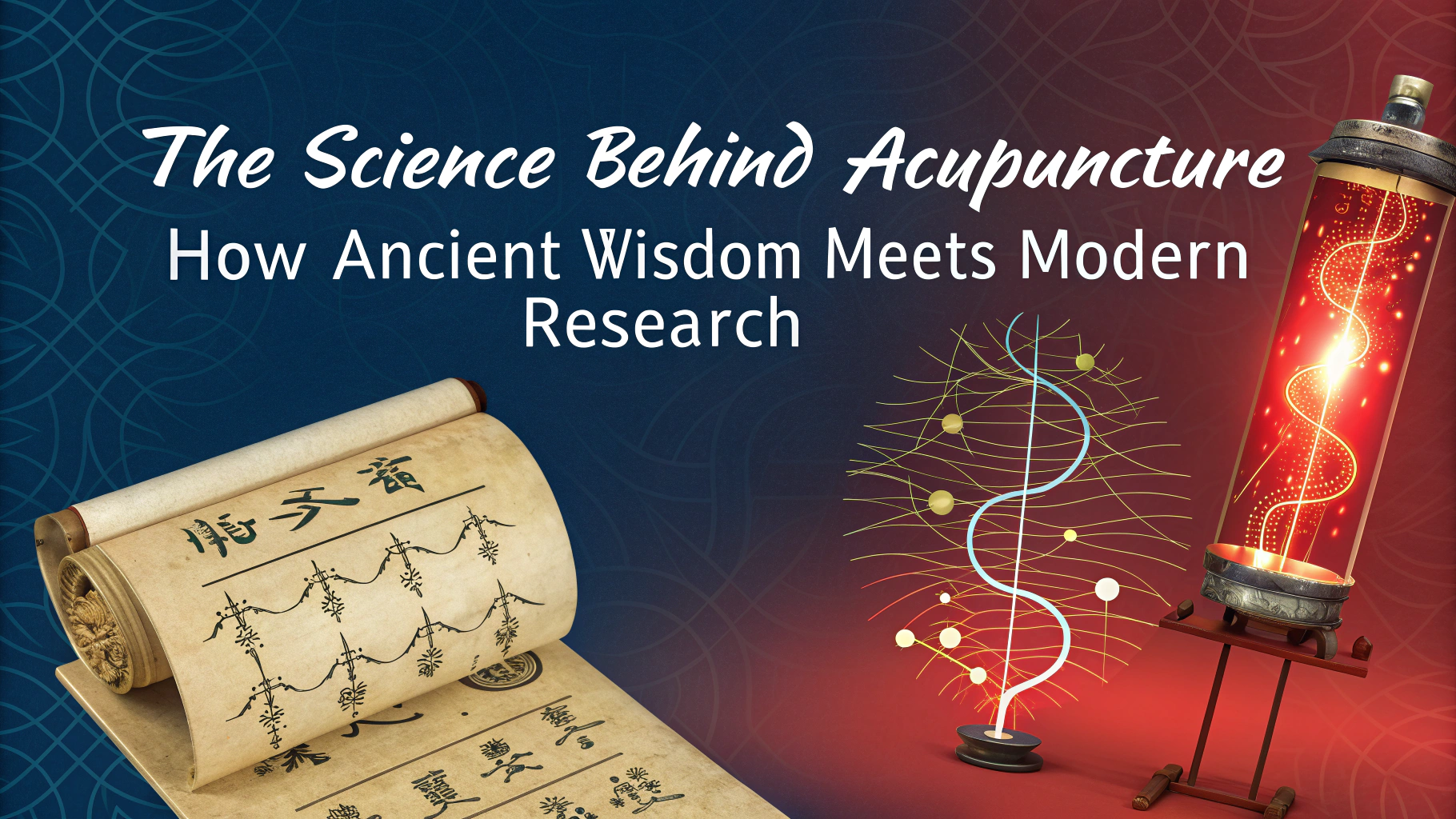
Understanding Treatment Duration
Treatment Guides
|
expectations, planning
The length of an acupuncture treatment plan varies significantly based on individual health conditions and treatment goals. A typical acupuncture session lasts between 30-60 minutes, with the needles remaining in ... Read more
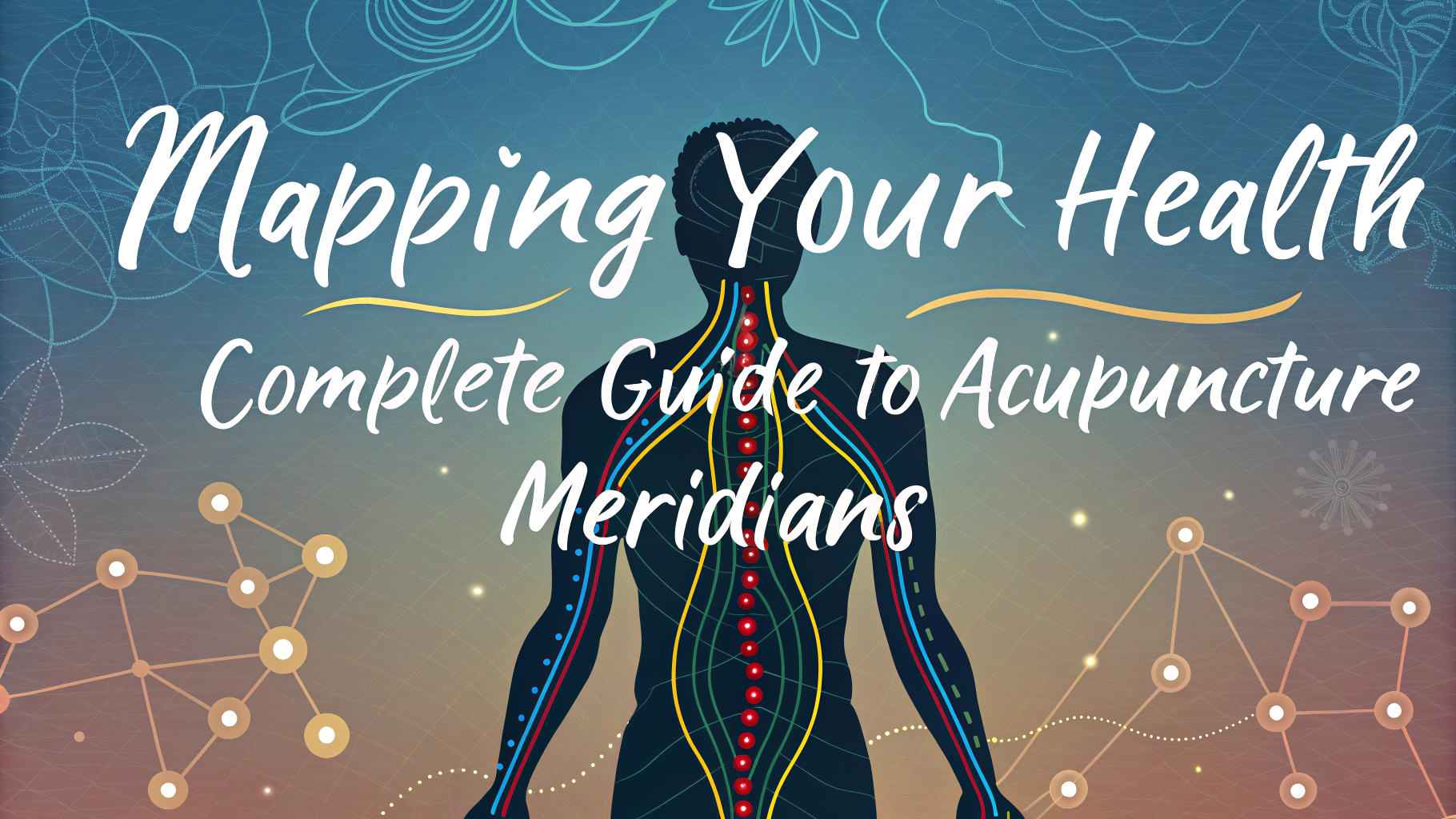
Traditional Chinese Medicine Weather Theory
Fundamentals
|
environment, health
Traditional Chinese Medicine (TCM) recognizes intricate connections between weather patterns and human health, developing sophisticated frameworks for understanding these relationships over thousands of years. Weather changes can significantly impact our ... Read more
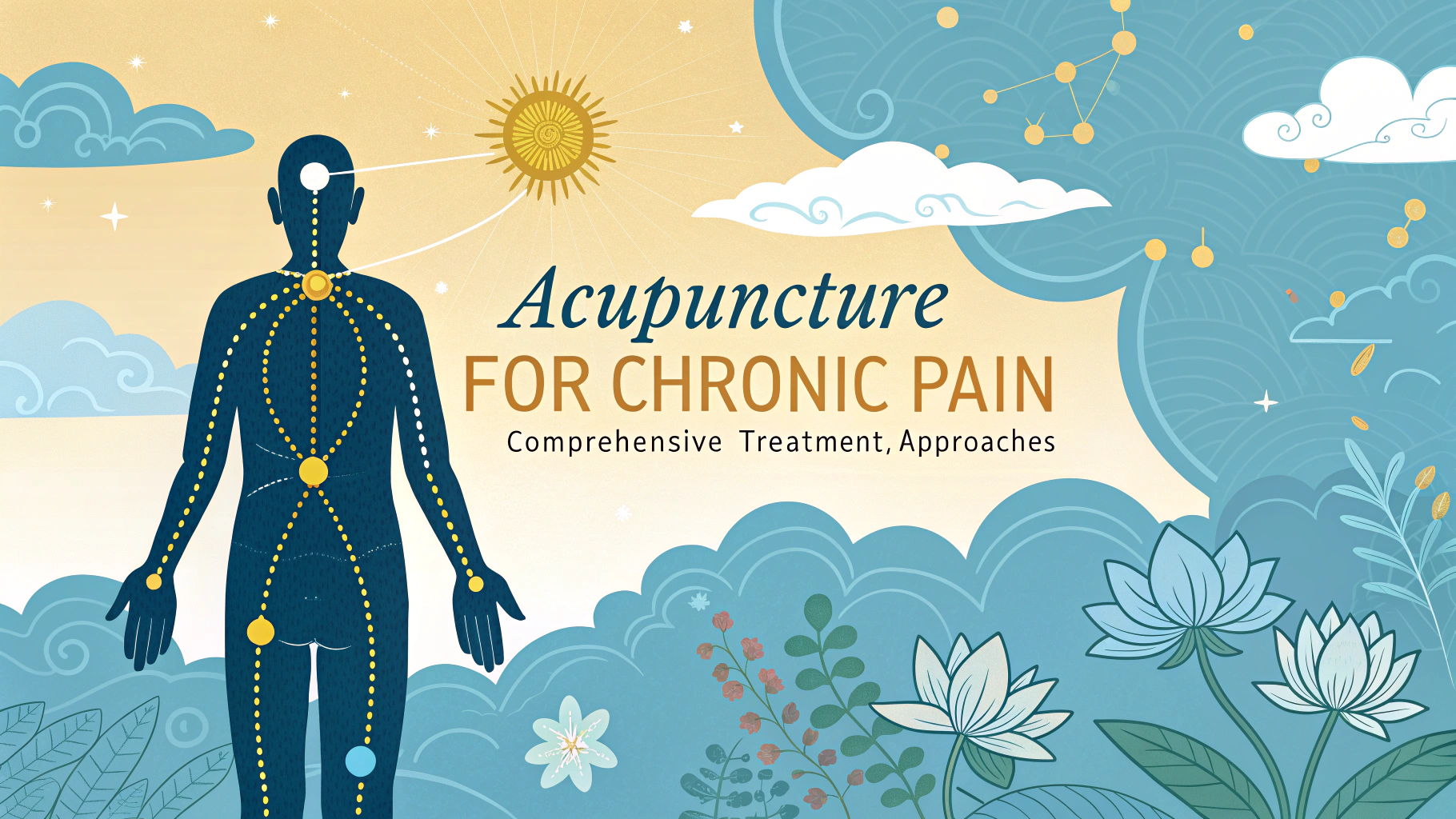
Acupuncture for Sinus Health
Conditions Treated
|
allergies, respiratory
Acupuncture offers a time-tested approach to managing sinus problems by targeting specific pressure points that can help relieve congestion, reduce inflammation, and restore proper sinus function. Traditional Chinese Medicine views ... Read more
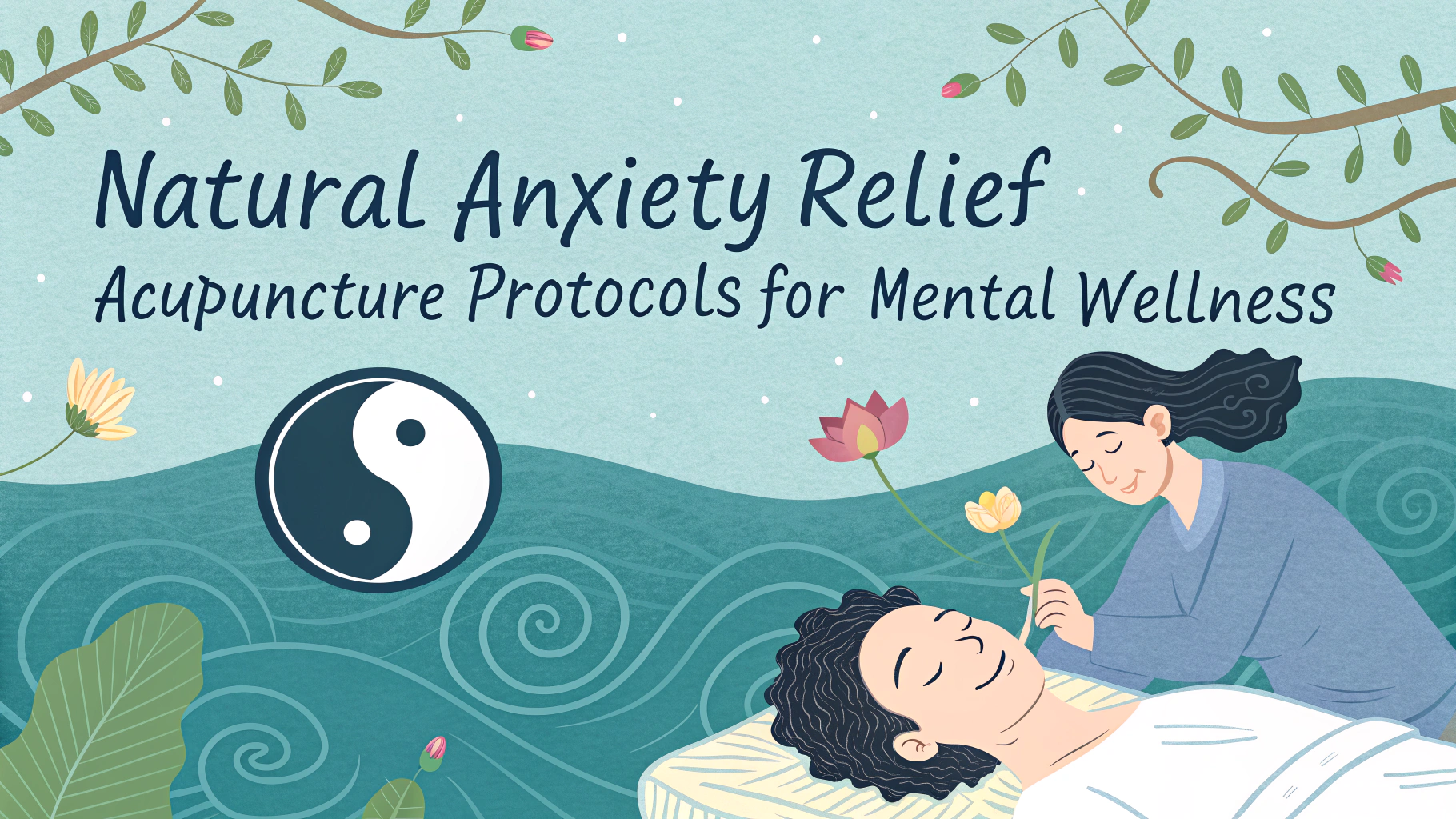
Understanding Point Selection
Fundamentals
|
technique, theory
Point selection stands as one of the most important aspects of effective acupuncture treatment. Skilled practitioners combine traditional wisdom with modern understanding to identify the optimal points for each patient’s ... Read more

Treating Computer-Related Pain
Conditions Treated
|
ergonomics, pain
Computer-related pain affects millions of people who spend long hours working at their desks. Acupuncture offers a natural, effective treatment option for various musculoskeletal issues that develop from prolonged computer ... Read more

Acupuncture for Lymphatic Health
Conditions Treated
|
circulation, immunity
Acupuncture offers a time-tested approach to supporting lymphatic health through strategic needle placement and gentle stimulation techniques. This ancient Chinese medicine practice helps activate lymph flow, reduce swelling, and enhance ... Read more
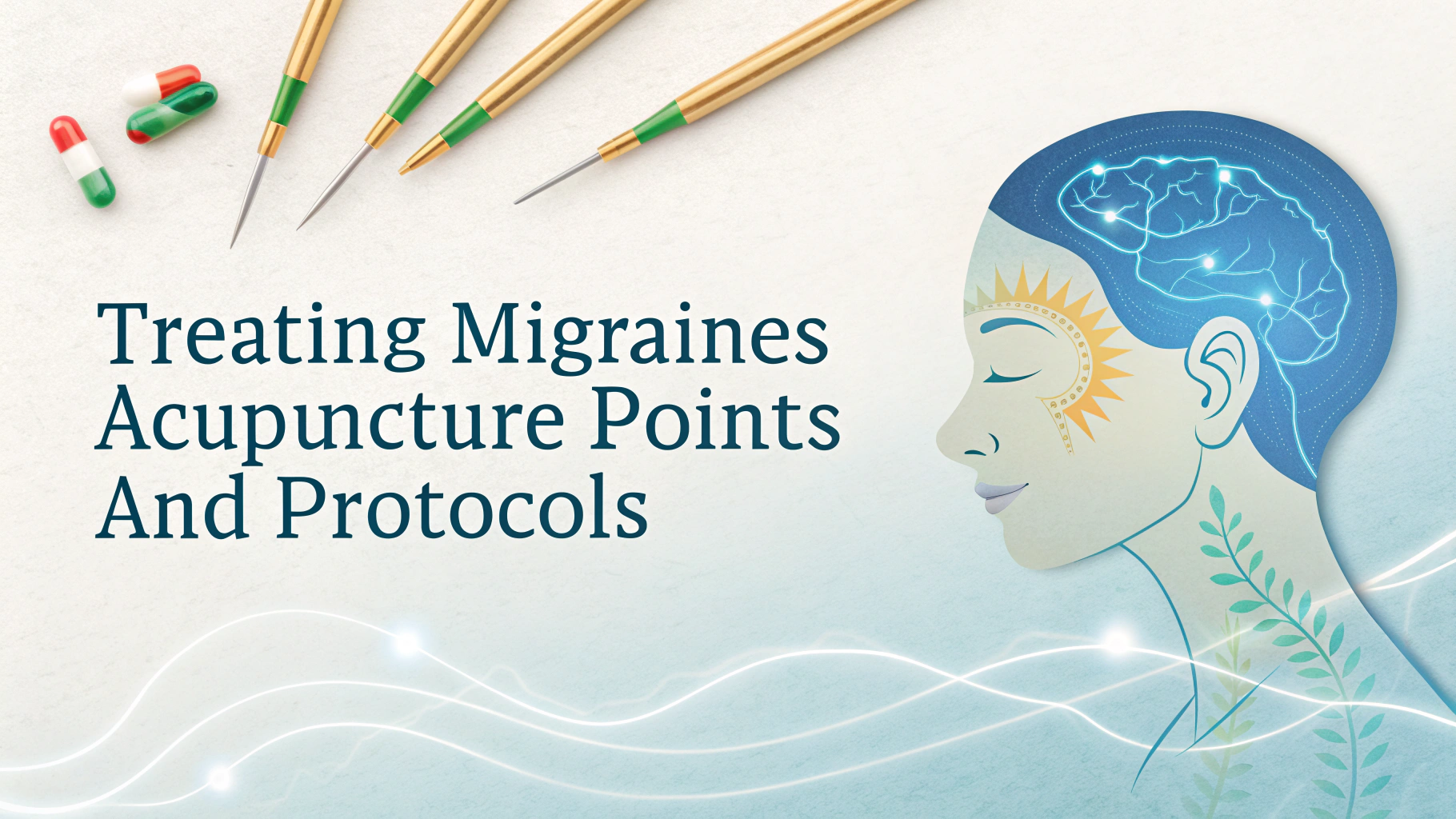
Understanding Treatment Intervals
Treatment Guides
|
frequency, scheduling
Treatment intervals for acupuncture can significantly impact the effectiveness of your healing journey. The frequency of acupuncture sessions depends on your specific health condition, severity of symptoms, and overall treatment ... Read more

